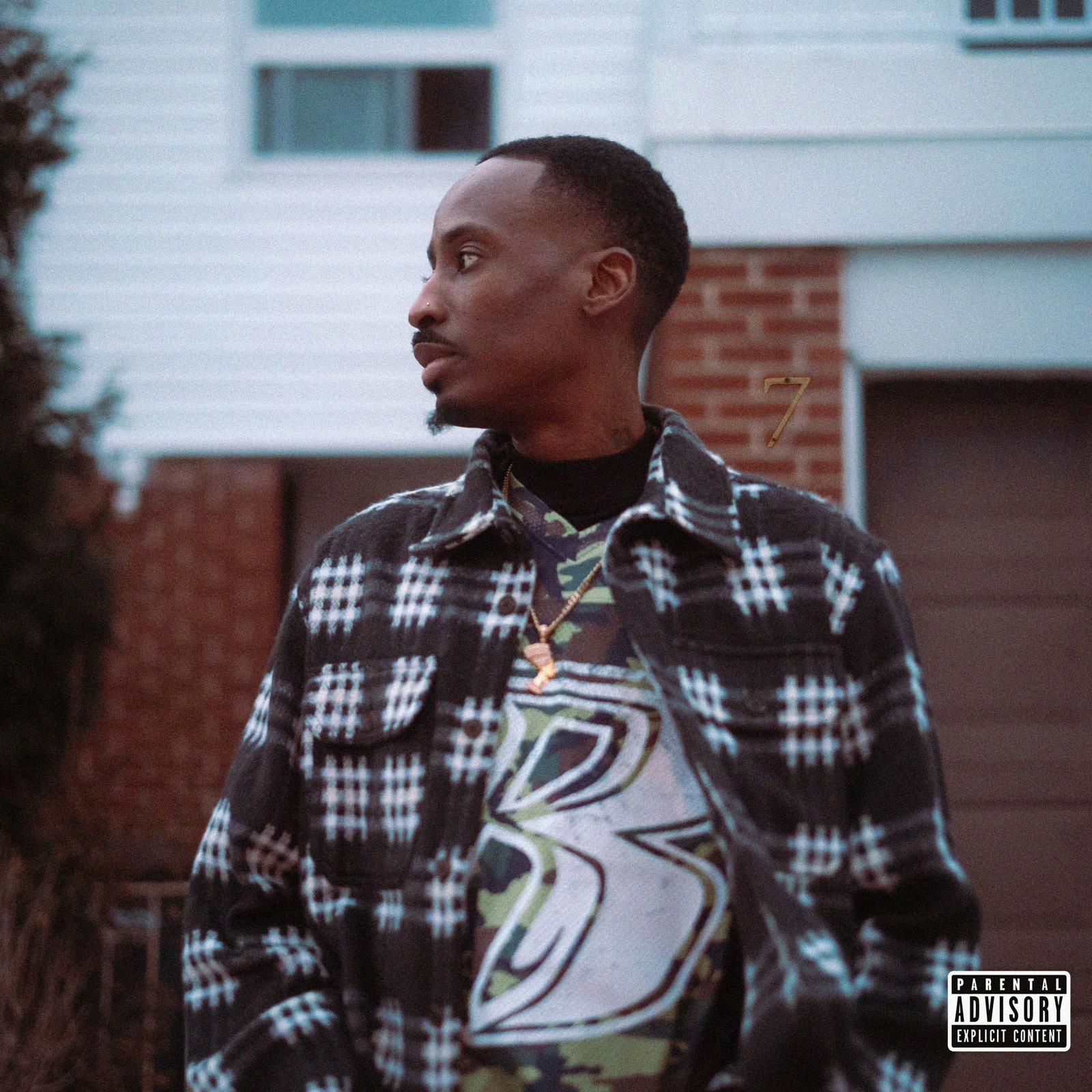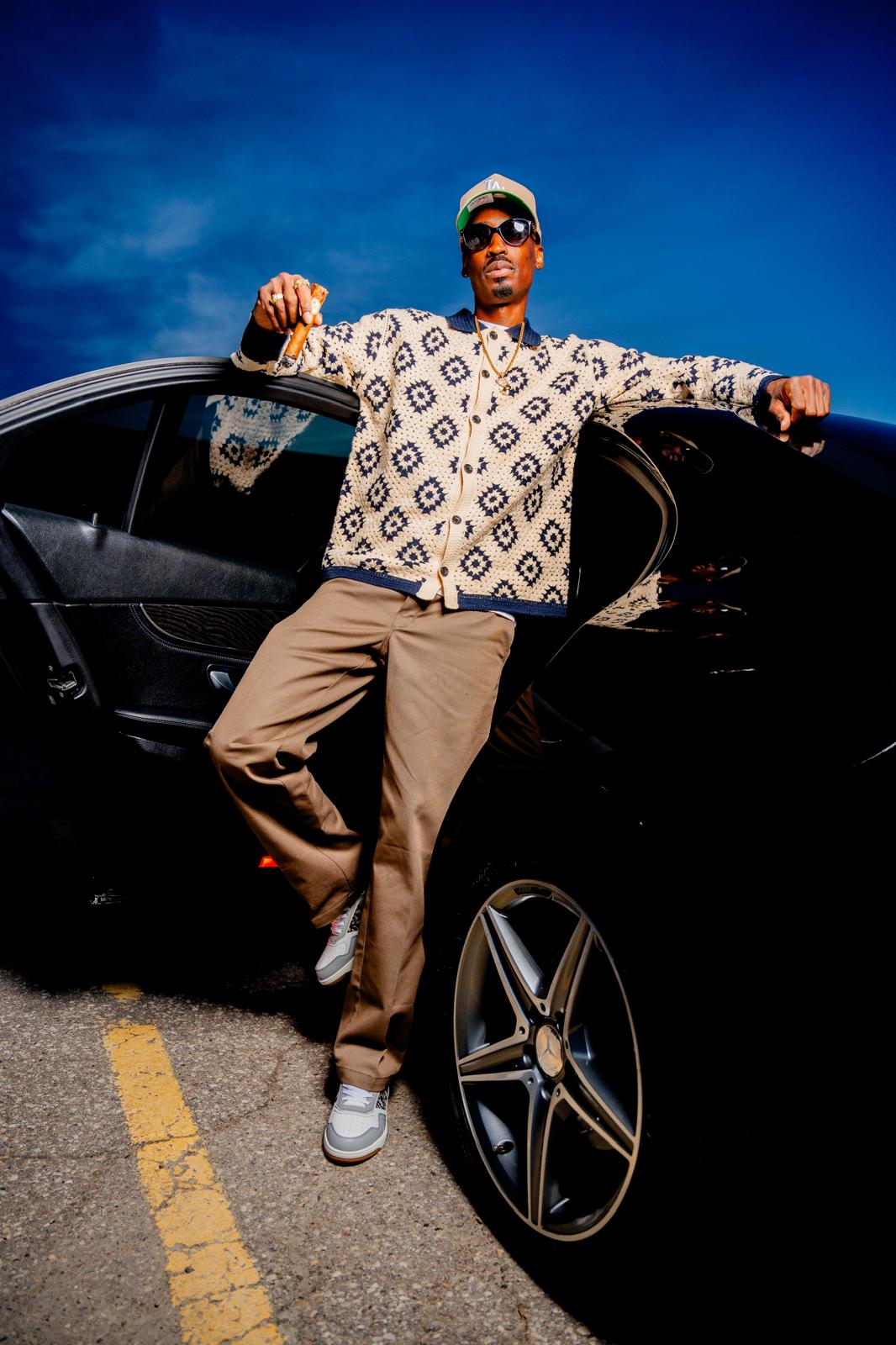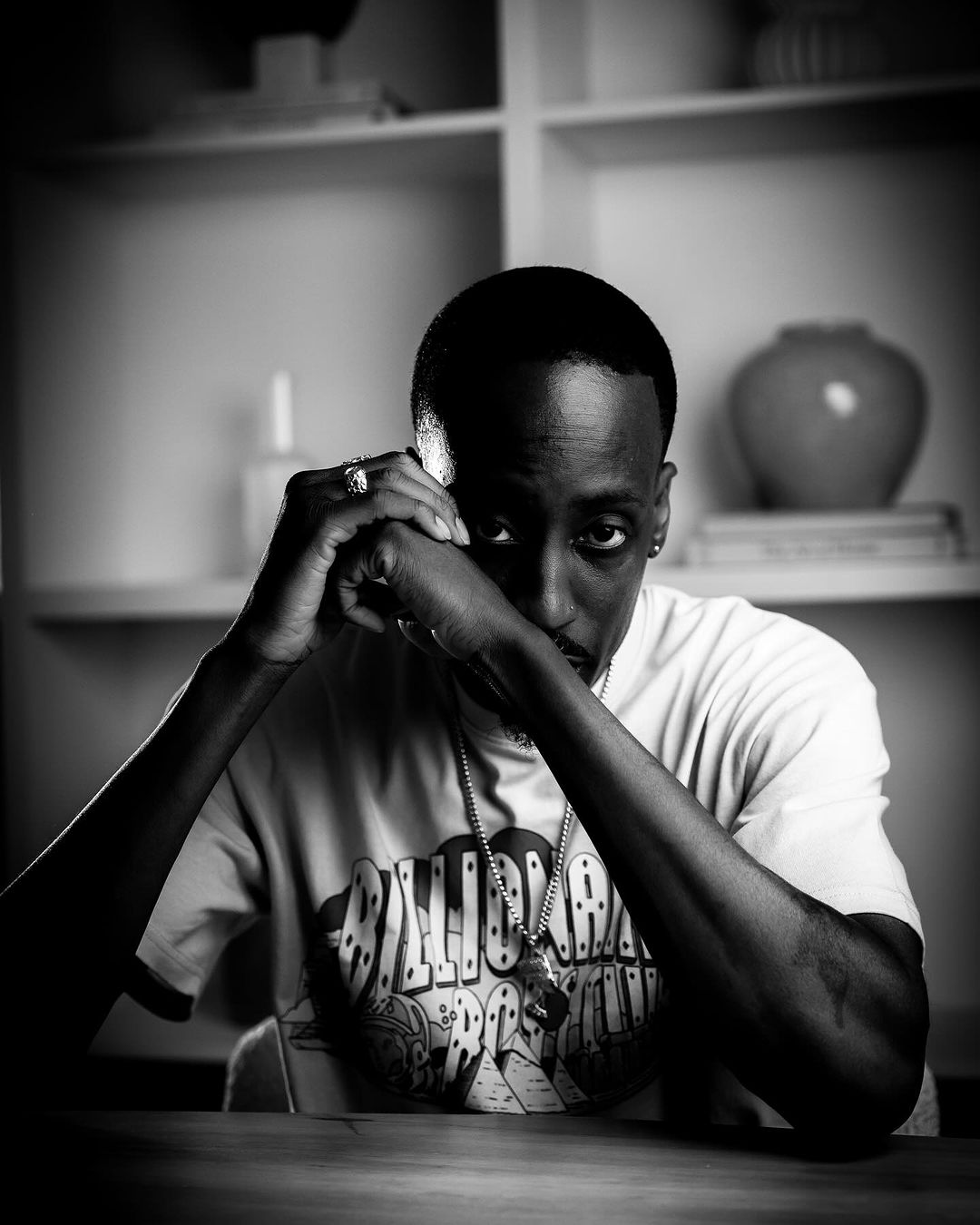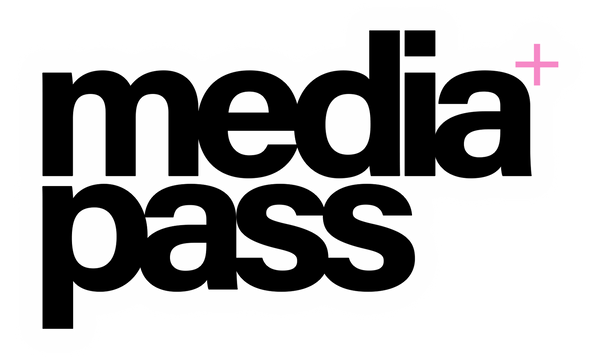
"Unit 7": A Conversation with Shola OG
Interview by Imani Dominique Busby
Photography provided by Wanderstar Creative
From running an independent label to stepping into the spotlight as an artist, Shola OG brings a unique voice and perspective to the Toronto rap scene. In this conversation, we explore his influences, his transition from manager to artist, the inspiration behind his latest project Unit 7, and the legacy he hopes to leave behind.
Could you please tell us a little bit about yourself and your introduction to making music?
My given name is Olushola Gamitin. My background is Nigerian, and I was born to Nigerian parents who came down to Canada. I have four siblings, and we mainly grew up in the Malton area, which is a part of the Greater Toronto area. Lived there for a majority of my life and learned a lot of my ways, being inside the home and being in the community. I'm a father and have three beautiful children.
My introduction to music mainly came from listening to my older brother play music from in his room. He stayed in the basement, and he'd be playing songs from Snoop, from Tupac, from Mary J. Blige, WuTang, everybody. I was really interested in what he was playing so I spent a lot of my time in his room just listening to music and watching music videos. I was really into it. Since then, I've always thought of a career in music industry. I never thought of anything else – being a doctor or engineer as most African parents would want their African children to be. I never desired those things.
I was really into DJing. There was a DJ crew in Toronto called “Ill Kids” and I really liked their style of playing. So me and a couple of friends started a DJ crew. That worked out for a bit until it didn’t. And then from there, I started managing artists under an independent label that I created called “Role Model Records”. I had about three, four artists signed there.
I knew I always wanted to do music for myself, but I just felt like it wasn't the time. So I thought, "Perhaps I could learn a lot from managing artists."
I could learn about contracts, I could learn about touring, merch, what the process was around putting out music, which I did. So after running that label for about 10, 11 years, I felt like I could take the artists as far as I could take them. And I felt like I taught them the same thing that I knew, so they were self-sustainable. They could do their own thing if they wanted to. But my passion for doing music grew more and more, and so that's why I couldn't really hold on to it.
After leaving the label and the artists were doing their own thing, I started making music of my own. Based on my life, based on my experiences, based on the things that I was around, things I grew up around, and based on what's happening now in life. And so here I am, at least in my own music. I have one mixtape and two EPs in, and steadily working on more music.

It's really cool that you had your own label, managed artists, and learned the business side of the industry. Has what you've learned and established as a manager helped you navigate the industry as an artist?
It's helped in terms of knowing what I want. I know what is needed in order to be able to get out there and put yourself out there. But it's also tough trying to be an artist and knowing the things that I do know. It's tough being an artist and managing your own career at the same time. Although it's very helpful in terms of knowing what you want, in terms of negotiation, in terms of myself. If I was to get a manager, knowing what I'm looking for and what they should be doing. So, yeah, all those things I can do by myself, all those things are very helpful, but it has tough being both.
You recently released “Unit 7”. Is there anything that you can share about the creative process behind that record?
My goal is to be better every single time. I know in music, it's important to have your own voice and own point of view. I feel like the music that I was releasing before, it was good, they were all right, but I was struggling to find my place in the music industry.
“Unit 7” is me buckling down and going mentally to a place. Unit 7 was the number of my home that I grew up in Malton with my family. I grew up in community with other families and other cultures around. I went there mentally just to be honest with myself in every message that I was putting out into the music. To make sure that everything that I was saying was from a place of understanding who I am, how I would say something, how I would elaborate on the topic, things of that nature.
So that was really the creative process. And then in terms of finding the beats and things of that nature, it was just the producers that I regularly work with, Tony Scott in Kazakhstan, Young Hef in the UK, and Schmooze Beats in Alberta that sent me beats.
And every beat that I chose already spoke to me in terms of the topics that I would talk about. Don't want to forget T-God, who I recently met through social media. And then going to my engineer. My engineer, he's amazing. His name is Johnny Hills out here in Toronto, but he just made everything sound better in terms of how to say certain things, in terms of just overall, sometimes direction and helping me write some of the music, too. And so all of that put together made “Unit 7”.
Is there a message or a theme that you'd want listeners to take away from your work, whether that's “Unit 7” or a previous project?
Yeah, the overall message of the music and also the messaging is really going deep within to be able to add value to the world. Your value is not what you put on every day. Your value is not other people validating you. The value is what God put within you. And when you step out with that value, you have faith that God is with you throughout the whole process. So basically, just knowing yourself, being comfortable with yourself, know your value, and have faith in God throughout life, your process.

What’s a side of you fans wouldn’t expect from just listening to your music?
That's a good question. In this part of my life, I like trying new things. I'm pretty adventurous. In this part of my life just because the way that I live is like, regularly living the same type of day to day things and doing the same type of things that are expected of young Black men and things of that nature. So at this point in my life, it's trying to break out of that and really just trying to explore new things and different ways of life. Other than that, I like to read a lot. I don't know all that is boring stuff, but that's stuff that I like to do.
Is there a book that you're reading right now or would recommend?
Yeah. The book that I'm reading right now is a book on Napoleon. Just trying to see what made him so great and why people up to this day still look up to someone like him. A book that I was reading before that that I would really recommend is Matthew McConaughey, the actor Matthew McConaughey. You know the actor Matthew McConaughey?
I think it's called Green light. Yeah, that book was surprisingly dope.
What do you want your legacy in the Toronto rap scene to be?
I would say diversity and bringing a balance to Toronto music. A lot of Toronto music is political-driven with the politics out on the road. But I think there's much more to that, and I think that's what Toronto is missing in terms of growth. So I would say diversity and balance to the music scene.
Is there anything exciting that you have coming up? Do you have any shows or anything dropping that you're able to share?
I'm trying to work on a string of shows, so trying to put a tour together to support the music and also some merchandise as well. To support the music and just to extend the message of the music and other things that I'm planning on right now. Those are the two major things that people can look out for. Other than that, just continue streaming the music, and I'm steady just working on ideas and writing more music at the moment.
Any last thoughts?
My last thoughts would be, man, anything you want to do in life, you just plan for it and Give your ideas to God, and it can surely happen. If anybody else can do it, you can do it too. Nobody should sell you short on what your vision is. Nobody should have a vision for you. That's all built in within you, so don't ever be shy. Even if you come from certain places, like hoods, don't think you've got to be like that. You're more respected when you're yourself. Those are the messages I'd love to put out.
Absolutely. Thank you so much. This was so great. It's so lovely to chatting with you.
Yeah, you as well, too.



